Let’s say that one day you feel a bit anxious. You want to take care of yourself and you want to do something about it. So you go to the app store and pick out an app that promises to help anxiety. You start using the app, which then basically announces that you have Generalised Anxiety Disorder. Or maybe you have Post Traumatic Stress Disorder. The app isn’t sure about which specific mental illness you have, but it’s suggesting very strongly that you have some sort of psychopathology.
If you weren’t already feeling anxious, you are now!
Most psychological problems don’t need a specific diagnosis slapped on them for people to find help. MoodMission treats you as a person who is in a low or anxious mood, not as a diagnosis.
3. Based on Cognitive Behavioural Therapy (CBT)
















